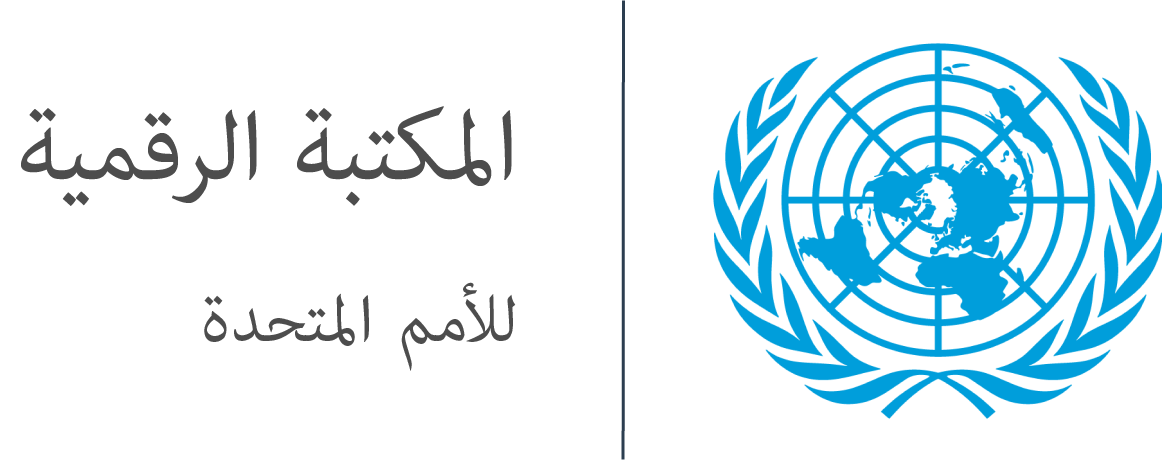Globalization and intangible cultural heritage : international conference : 26-27 August 2004 Tokyo, Japan
2005
تفصيلات التسجيلة (السجل)
العنوانGlobalization and intangible cultural heritage : international conference : 26-27 August 2004 Tokyo, Japan
ملخص
Whatever the benefits of globalization – and benefits there surely are in economic, technological, social and political terms – not everyone has equal access to those benefits, and in some areas, there are dangers too. Culture is one of them. Our world's cultures are as extraordinarily diverse as they are vulnerable. Addressing the broad issue of culture in the context of globalization is thus a key component of UNESCO's work, but also a major challenge. True, cultural dialogue and the preservation of cultural diversity have always been part and parcel of the mandate of UNESCO, as embodied in its Constitution. However, the acceleration of globalization has made it far more challenging and complex for UNESCO to fulfill this part of its mandate – and to do so while ensuring that our approaches encapsulate the entire range of issues facing us. Paradoxically, it is precisely in the context of increasing globalization that more and more peoples and communities of the world have begun to recognize the importance of their cultural heritage – whether tangible or intangible – as a contribution to the world's cultural diversity. Communities in every land have come to realize that their cultural heritage, which is by nature fragile, plays a crucial role in their identity and that their engagement in safeguarding activities contributes to a sense of continuity. As a result, while globalization has undeniably contributed to the dissemination of cultures, its effects on cultural diversity can, if we are not careful, be negative. Since my arrival at UNESCO in 1999 I have been striving to tackle these issues. First of all, cultural diversity and dialogue among cultures are now among our strategic objectives in the area of culture, emphasizing in this way that effective inter-cultural dialogue, which is more crucial than ever for international peace and stability, can only be achieved on the basis of real cultural diversity, supposing knowledge about, tolerance of, and respect for, each other's cultures. But more is needed in order to respond to peoples' growing awareness of the importance of their culture, taken in the broadest sense of the word: in other words, a better balance between the Organization's action in the area of the physical cultural heritage – or, if you will, culture's tangible, movable and immovable manifestations – and the area of the intangible that had to some extent hitherto been neglected. [UNU website].
المؤلفونUN University
UNESCO
UNESCO
تاريخParis :[...]
الوصف
183 p. :
